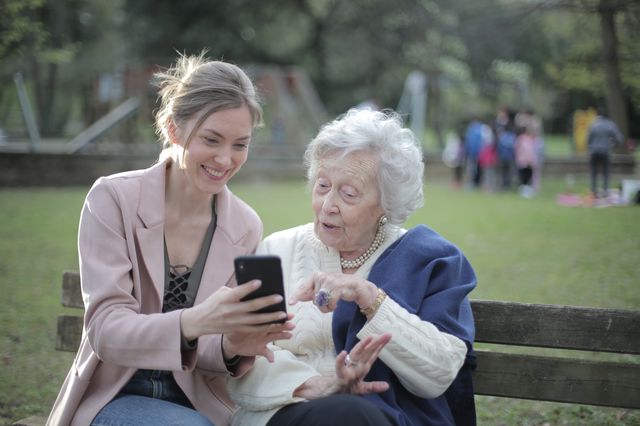
Jesus is on his way out of Jericho, accompanied by his disciples and a large crowd. But even the noise of the crowd cannot drown out the screaming of Bartimaeus, a blind man sitting by the road, most likely hoping for money. “Jesus, Son of David, have mercy on me.” When sternly ordered to be quiet, his shouting gets louder, “Jesus, Son of David, have mercy on me.” When someone tells him Jesus has summoned him, he doesn’t take the hand of another person who guides him to Jesus. He throws off his coat. This blind man, as best as he can, springs up and runs to Jesus.
Most healing stories in the gospels follow a pattern. There is a description of the person and his/her problem. This is followed by an action by Jesus to bring about the healing. The story concludes with a confirmation that the healing has taken place, usually with an acclamation from the person or the crowd or with a conflict between Jesus and the religious leaders about the healing.
The story of Bartimaeus alters that pattern with many twists and turns. Almost all of the attention in the story is focused on the behavior and actions of Bartimaeus. So the stage is set for this encounter between Jesus and the blind man.
What do you want me to do for you?
It is a question that can sound strange, even cruel. From the way he leaps up and runs around, it is clear he is blind. From the incessant yelling out, it is clear he has something he wants. And yet when Bartimaeus is standing before him, Jesus asks, “What do you want me to do for you?” It is not a question that is cruel. It is not a question to start a conversation. It is an important question, whose answer can make all the difference in the world.

Jesus knows it is an important question because he has asked it before.
In the scene right before this one, two of his followers get his attention and say, “We want you to give us whatever we ask.” And in response to his question, they ask for the places of honor on his left and right when establishes his kingdom. Here are men who have been with him for months, even years. His words and his actions suggest that he can give them anything they want. And this is what they ask for…personal honor and glory. So, yes, it is an important question.
What do you want me to do for you? Bartimaeus could easily have said he wanted money. Most likely, he has been asked this question before and that is how he answered. But this time something different was stirring inside him. With the question, Jesus was inviting him to name his desire. And in order to name that desire he had to go deep inside and consider, “What, really do want? Even if I am not sure I will ever get it, what really do I want?” Jesus is inviting Bartimaeus to let that yearning and desire buried deep inside of him to come to life.
Perhaps the invitation of this story is to hear the question for ourselves. What do you want me to do for you? There is an answer that forms quickly in our minds and is spoken, if not with our mouths, then certainly with our hearts. We picture all that we want to be different in our lives and in this world in which we live.
There are so many ways that we can answer this question. We hear the question, and in honest and sincere ways, we explore our own lives, sorting through all the possibilities that we can devise for our lives, to determine which one we really desire.
And yet, the question is not, “What do I want for my life?” The question is “What do you want me to do for you?” The question is not one we ask of ourselves. The question is one that we hear another asked of us. It is a question we hear Jesus ask of us.

Bartimaeus is a model for how we respond to the presence of Jesus in our lives. Even before the question is asked, he is eager and assertive. He is impetuous and persistent. Faith is personal and relational; it is yearning and hopeful. Faith is about God doing for us what we cannot do for ourselves. Faith is about us, out of a hilarious gratitude, doing for God what only we can do. Most of all, faith leads us to places we did not expect and often just as soon not go.
Who knows? Maybe our answer to the question is the same as Bartimaeus. Let me see again. Let me see honestly and deeply. Let me see the people around me for who they really are, not what I wish they were or want them to be. Let me see the thoughts and feeling and desires in my life for what they really are, so I can give meaningful direction to them. Let me see you, God, as you really are, and not the image I have made of you.
Many traditions talk about the spiritual journey as waking up and opening our eyes, because we can walk through life asleep and unaware. Like any other part of our lives, we can live the spiritual journey on autopilot. But then there are those moments when a power, a force, a situation, a person looks deep into our hearts and asks, “In this moment and at this time, what, really, do you want me to do for you?” How will we answer?
